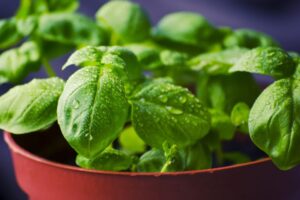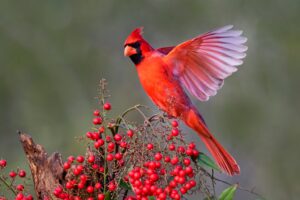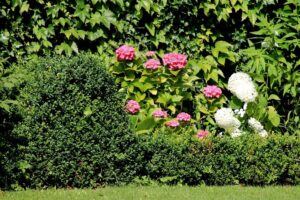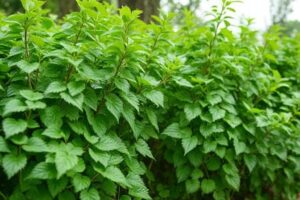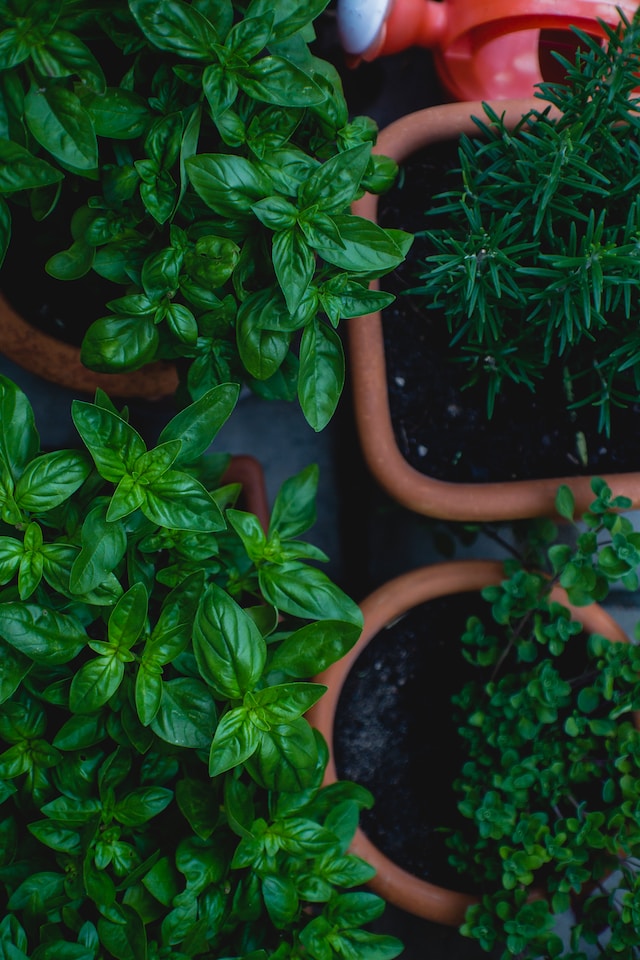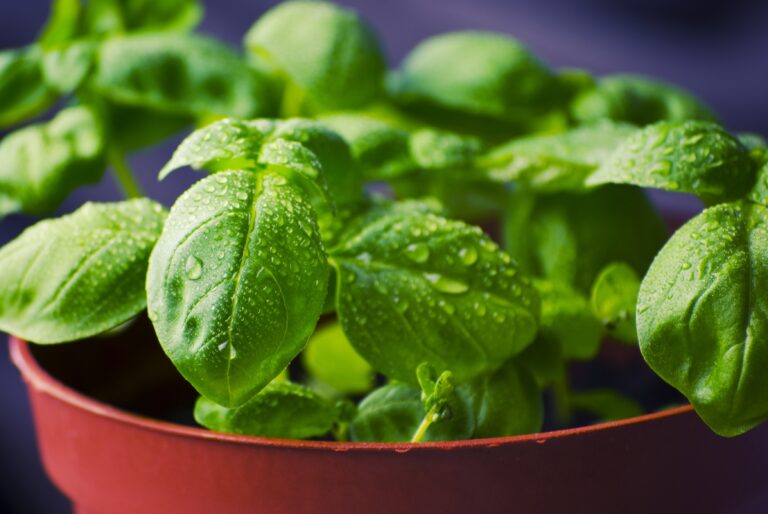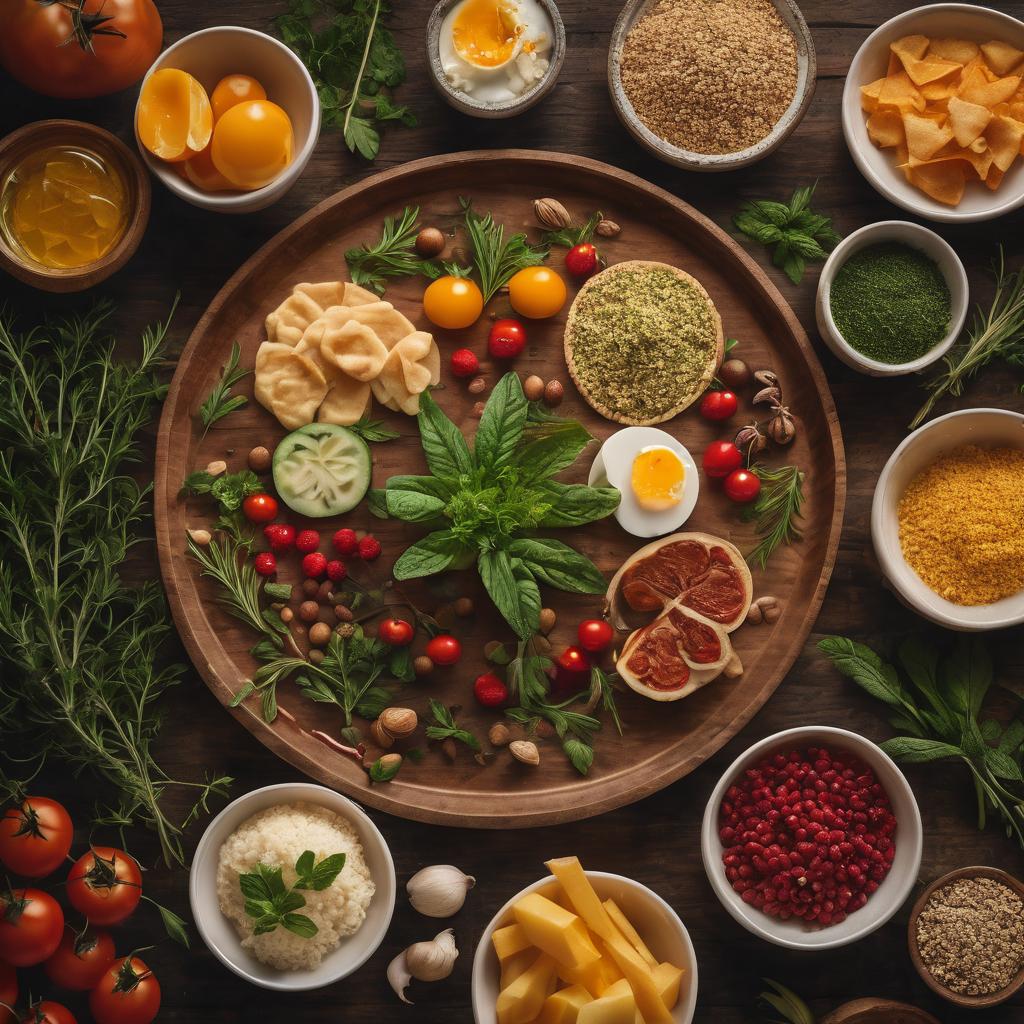Introduction
If you’re new to growing herbs, we’ve got you covered with our list of the best beginner-friendly herbs. These are some of the easiest plants to grow in your garden, and they make delicious additions to any meal.
Chives
Chives are a perennial herb and one of the most popular herbs to grow. They’re easy to care for, and they can be used in cooking or eaten fresh from your garden.
Chives have a mild onion flavor that makes them great for salads and sandwiches. You can also use them in place of onions when cooking dishes such as soups, stews, casseroles or sauces where you want a hint of onion flavor without overpowering other ingredients in the dish.
Chives are very hardy plants that will thrive in almost any soil type as long as it’s well drained (though you may need to amend heavier soils with compost). They do best when planted in full sun but will tolerate partial shade quite well too if needed! This makes them ideal candidates if you live somewhere where there isn’t much natural light coming through during certain times throughout each year – like us here on Vancouver Island…
Dill
Dill is a cool season annual herb that can be used in many cuisines. It has beautiful feathery foliage, which makes it an excellent addition to your garden. Dill is also known to be good companion plant for carrots, so if you have carrots growing in your garden, consider planting some dill nearby!
Dill is easy to grow and requires little maintenance once established (it will reseed itself). The seeds should be planted directly into the ground after danger of frost has passed–you can start them indoors if necessary but they’ll need extra care until transplanting time arrives! This plant grows quickly once established; harvest leaves as needed throughout the season by cutting off the tops at soil level with scissors or pruning shears.
Mint
Mint is an easy to grow herb that can be used for tea, cooking and garnishes. It’s also one of the most versatile herbs you can grow because it comes in so many varieties. Mint is best known for its fresh aroma and taste, but it also has some medicinal benefits as well. Mints such as peppermint and spearmint are perennial plants that will come back year after year if you cut them back before winter sets in (perennial means they live more than 2 years).
Oregano
Oregano is a perennial herb that can be grown in your garden year-round. It has a strong flavor, which makes it great for cooking. When you’re ready to harvest oregano, cut the stems near ground level and hang them upside down in bundles with other herbs (like thyme) until they dry out completely.
Oregano contains antioxidant compounds called carvacrol and thymol–both of which are known to have antibacterial properties–as well as tannins that may help lower blood pressure levels.
Sage
Sage (Salvia officinalis) is a perennial herb with a woody stem that grows up to 3 feet in height. It has blue-green leaves and small white or pink flowers, which bloom from June through September. Sage is native to the Mediterranean region but has been cultivated in other areas around the world as well.
Sage can be used fresh or dried in cooking; it’s also valued for its medicinal purposes, such as relieving congestion due to colds and flus. The plant’s leaves have a strong flavor that works well with poultry dishes like chicken soup or turkey stuffing; they’re also great paired with other herbs like rosemary, thyme and oregano if you want an extra kick!
Thyme
Thyme is a perennial herb that grows in USDA zones 5-9. It can be used as a culinary herb, but it also has medicinal uses and is often used to make tinctures.
Thyme contains thymol, which has antiseptic properties and is antibacterial. It’s also been shown to have anti-fungal properties as well.
These herbs are great for beginners to grow and use.
They are easy to grow, hardy, drought tolerant, and can be used in a variety of ways!
Conclusion
With this list of essential herbs, you’ll be able to grow your own garden and use the herbs in cooking. You don’t need a lot of space or time to start growing these plants–they’re easy to care for as long as they have enough sunlight and water!



